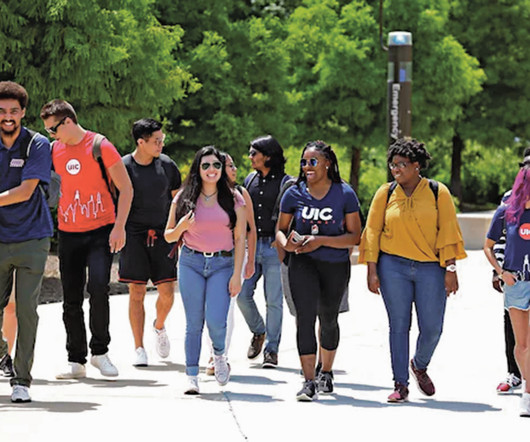Seal of Excelencia 2024
Diverse: Issues in Higher Education
NOVEMBER 5, 2024
Department of Education, the Upward Bound program works with students from six area high schools that are identified as potential first-generation college students. 58% of students are first-generation college, 68% identified as low-income, 63% attend college part-time and 73% work while attending college.












Let's personalize your content